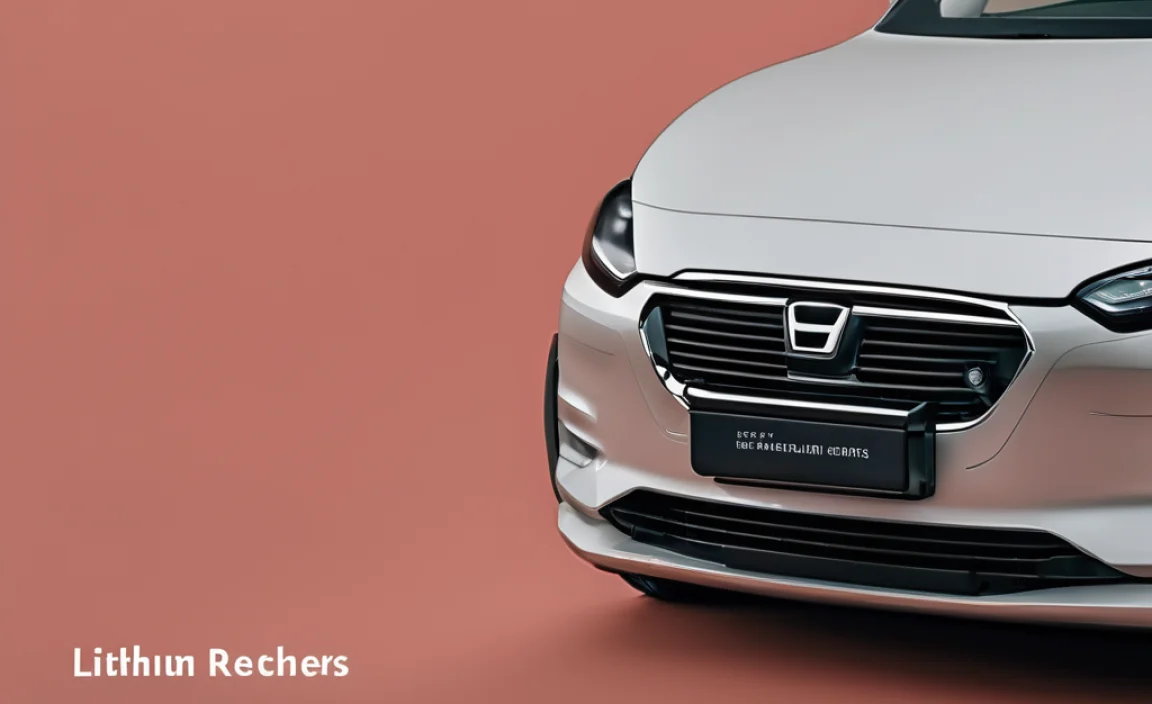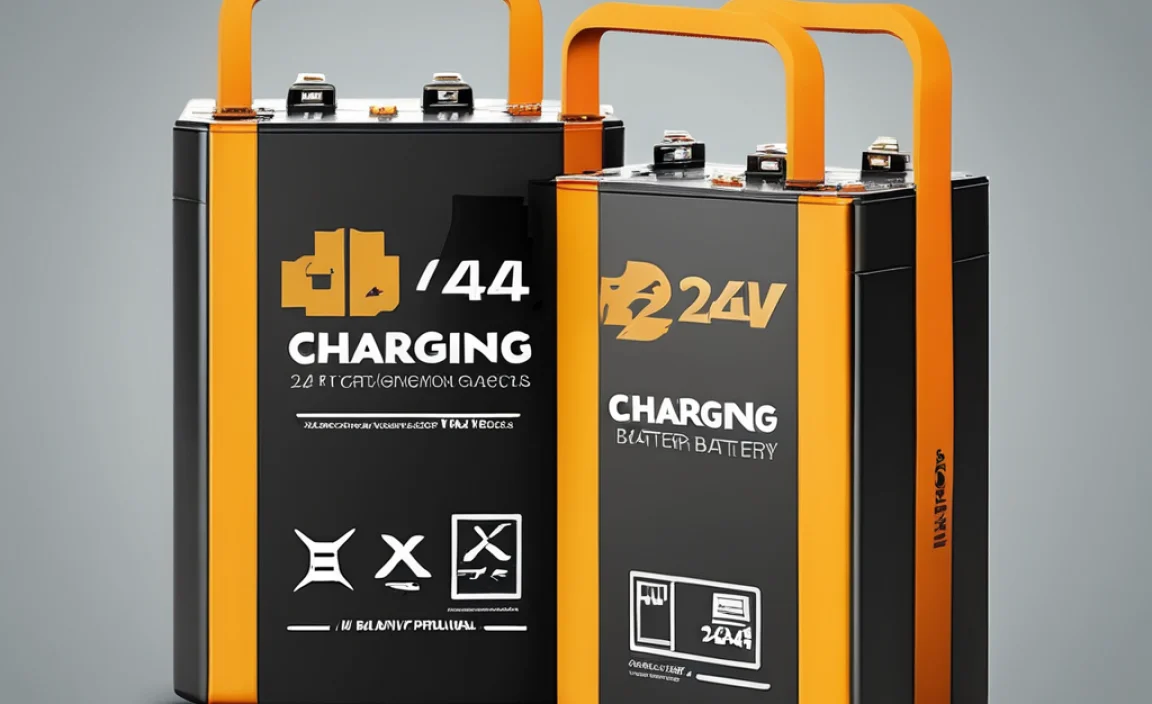USB WiFi Adapter: Best Performance PC
In the ever-evolving digital landscape, a stable and fast internet connection is not just a convenience; it’s a necessity. For desktop PC users, this often means relying on internal components. However, when your motherboard’s built-in WiFi is lacking, outdated, or non-existent, a USB to WiFi adapter for PC emerges as a powerful and versatile solution. These compact devices can breathe new life into older machines, significantly boost the wireless performance of newer ones, and offer a level of flexibility that internal cards simply can’t match. But with a sea of options available, how do you pinpoint the adapter that delivers the best performance for your PC?
The quest for the best performance PC often hinges on a crucial, yet often overlooked, piece of hardware: the WiFi adapter. While many might assume their desktop is covered with its internal networking capabilities, a dedicated USB solution can often surpass these, especially for demanding tasks like high-definition streaming, online gaming, or large file downloads. The key lies in understanding the technologies and specifications that define a high-performance adapter.
Understanding the Core Technologies for Optimal Performance
When evaluating a usb to wifi adapter for pc for top-tier performance, several technical aspects deserve your attention. The most significant is the WiFi standard it supports. You’ll want an adapter that adheres to the latest standards, primarily Wi-Fi 6 (802.11ax) or, at the very least, Wi-Fi 5 (802.11ac). Wi-Fi 6 represents a significant leap forward, offering higher speeds, better efficiency in crowded networks, and lower latency – all critical for gaming and demanding applications. Wi-Fi 5 is still a very capable standard, providing substantial improvements over older iterations.
Beyond the standard, antenna design plays a crucial role. External antennas generally offer superior signal reception and transmission compared to internal, embedded ones. Look for adapters with one or more adjustable external antennas. These allow you to orient the adapter to capture the strongest signal and can be especially beneficial if your PC is situated some distance from the router or if there are physical obstructions. Dual-band capabilities are also a must. This allows the adapter to connect to both the 2.4GHz and 5GHz frequency bands. The 5GHz band typically offers faster speeds and less interference, ideal for performance-intensive tasks, while the 2.4GHz band provides better range and penetration through walls.
Key Features for a High-Performance USB to WiFi Adapter
Beyond the fundamental technologies, certain features can elevate a usb to wifi adapter for pc from good to exceptional:
Speed Ratings (Mbps): While theoretical maximums are rarely achieved, the advertised speed rating (e.g., AC1200, AX1800, AX3000) provides a good indication of the adapter’s potential. Higher numbers generally translate to faster data transfer capabilities, especially when paired with a similarly capable router. This is crucial for activities like 4K video streaming or downloading large game updates.
MU-MIMO (Multi-User, Multiple-Input, Multiple-Output): This technology allows an adapter to communicate with multiple devices simultaneously, rather than sequentially. For a PC, this means a smoother, more responsive connection, particularly in households with many connected devices competing for bandwidth. Even if your router doesn’t support MU-MIMO, having it on the adapter prepares you for future upgrades.
Beamforming: This feature directs the WiFi signal towards your connected device, rather than broadcasting it in all directions. This results in a stronger, more stable connection with improved range and reduced interference. It’s particularly beneficial if your PC is not in direct line of sight of your router.
USB Standard: Ensure the adapter utilizes a fast USB port, ideally USB 3.0 or higher. USB 3.0 offers significantly faster data transfer speeds than USB 2.0, which is essential to not bottleneck the adapter’s wireless capabilities.
Driver Support and Software: A high-performance adapter is only as good as its drivers. Look for adapters from reputable brands known for providing regular driver updates and robust software for easy setup and management. Poorly optimized drivers can cripple even the most advanced hardware.
Choosing the Right USB to WiFi Adapter for Your PC
When selecting a usb to wifi adapter for pc, consider your specific needs and your existing network environment.
Budget: High-performance adapters, especially those supporting Wi-Fi 6, will generally come at a higher price point. Determine your budget and prioritize the features that offer the most significant improvements for your usage patterns.
Router Compatibility: To fully leverage the capabilities of a cutting-edge WiFi adapter, your router should also support the same or a compatible standard. If you have an older router, a Wi-Fi 6 adapter will still function, but you won’t experience its full potential.
Intended Usage: Are you a dedicated gamer seeking the lowest latency? A content creator needing to upload large files quickly? Or a casual user who just wants reliable streaming? Tailor your choice to meet these specific demands. For gaming, low latency and a stable connection are paramount, while for large file transfers, raw speed is the primary concern.
In conclusion, a usb to wifi adapter for pc can be a game-changer for desktop users seeking superior wireless performance. By understanding the underlying technologies, paying attention to key features like Wi-Fi standards, antenna design, and advanced protocols, and aligning your choice with your specific needs, you can find an adapter that not only replaces a weaker internal connection but elevates your entire online experience, ensuring your PC performs at its absolute best.


